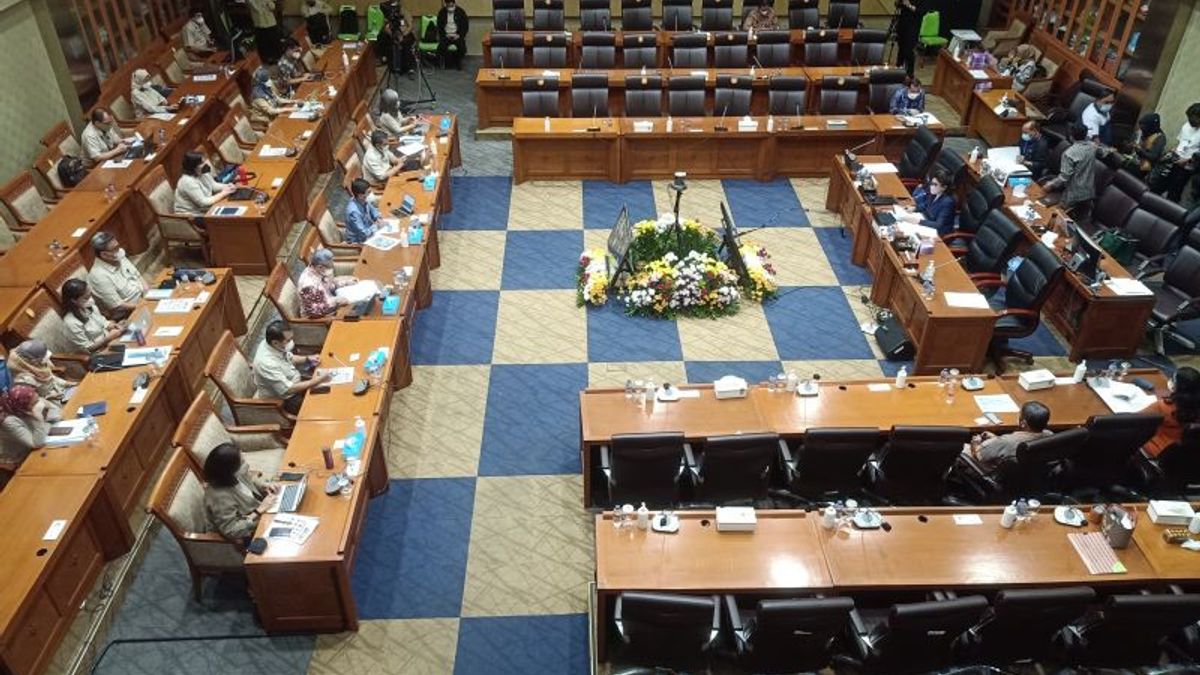JAKARTA - Deputy Minister of Health (Wamenkes) Dante Saksono Harbuwono presented five hypotheses regarding the cause of the mysterious acute hepatitis disease that attacks children under 16 years old based on the results of research by health experts around the world.
"There are five hypotheses why cases of acute hepatitis can occur in children. The first is Adenovirus infection," Dante said at a hearing at the Indonesian Parliament Building, Jakarta, as reported by Antara, Monday, May 23.
Dante said that according to the results of the examination Adenovirus was found in about 70 percent of pediatric patients suspected of having hepatitis.
Experts, he continued, are still further researching how Adenovirus usually attacks the patient's respiratory tract and causes coughs to influenza infects children under 16 years of age.
According to the second hypothesis, the mysterious acute hepatitis disease is caused by the SARS-CoV-2 syndrome after an unknown infection. The third hypothesis, according to him, mentions the influence of drugs, toxins, or environmental exposures as the cause of acute hepatitis.
"Drugs, poisons, and environmental exposures, especially from animals, can cause transmission (of disease) in humans, so maybe mysterious hepatitis is caused (by) it," he said.
He said that according to the fourth hypothesis, acute hepatitis is caused by a new unknown pathogen and the fifth hypothesis mentions a new variant of SARS-CoV-2 that might emerge as a cause that should be investigated.
The Ministry of Health as of May 17, 2022 has recorded 14 cases of suspected hepatitis, which include one case in North Sumatra, one case in West Sumatra, seven cases in DKI Jakarta, one case in Jambi, and three cases in East Java.
According to data from the Ministry of Health, seven suspected cases of hepatitis were found in children aged under five years, two cases were found in children aged six to 10 years, and five cases were found in children aged 11 to 16 years.
In an effort to deal with acute hepatitis whose cause is not known for sure, the government conducts surveillance, analysis of pathogens to determine virus variants, and data collection of cases as well as compiling guidelines for handling cases and appointing laboratories to examine samples from patients suspected of having acute hepatitis.
The English, Chinese, Japanese, Arabic, and French versions are automatically generated by the AI. So there may still be inaccuracies in translating, please always see Indonesian as our main language. (system supported by DigitalSiber.id)









